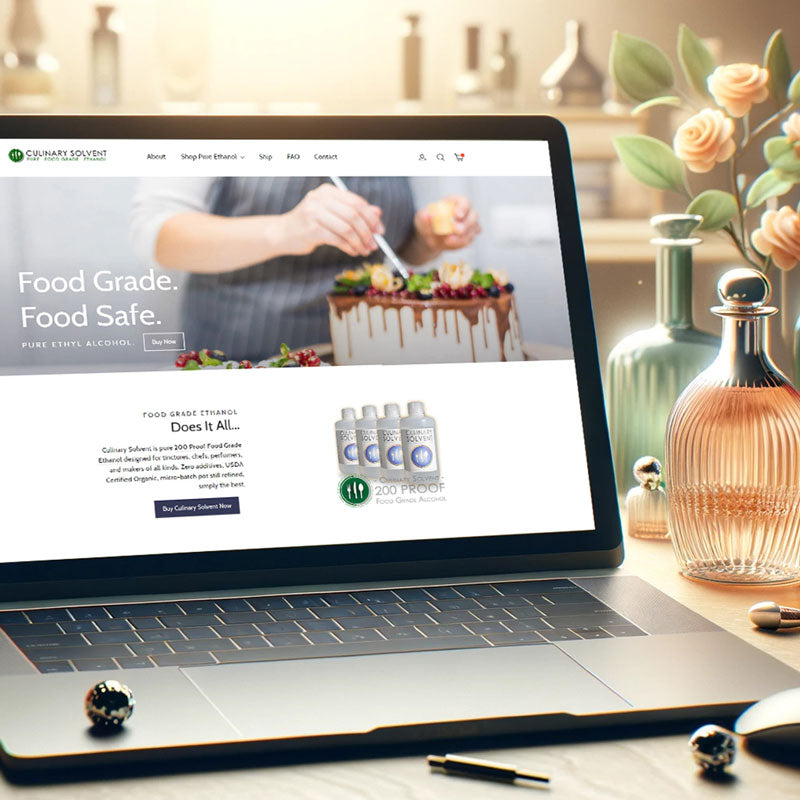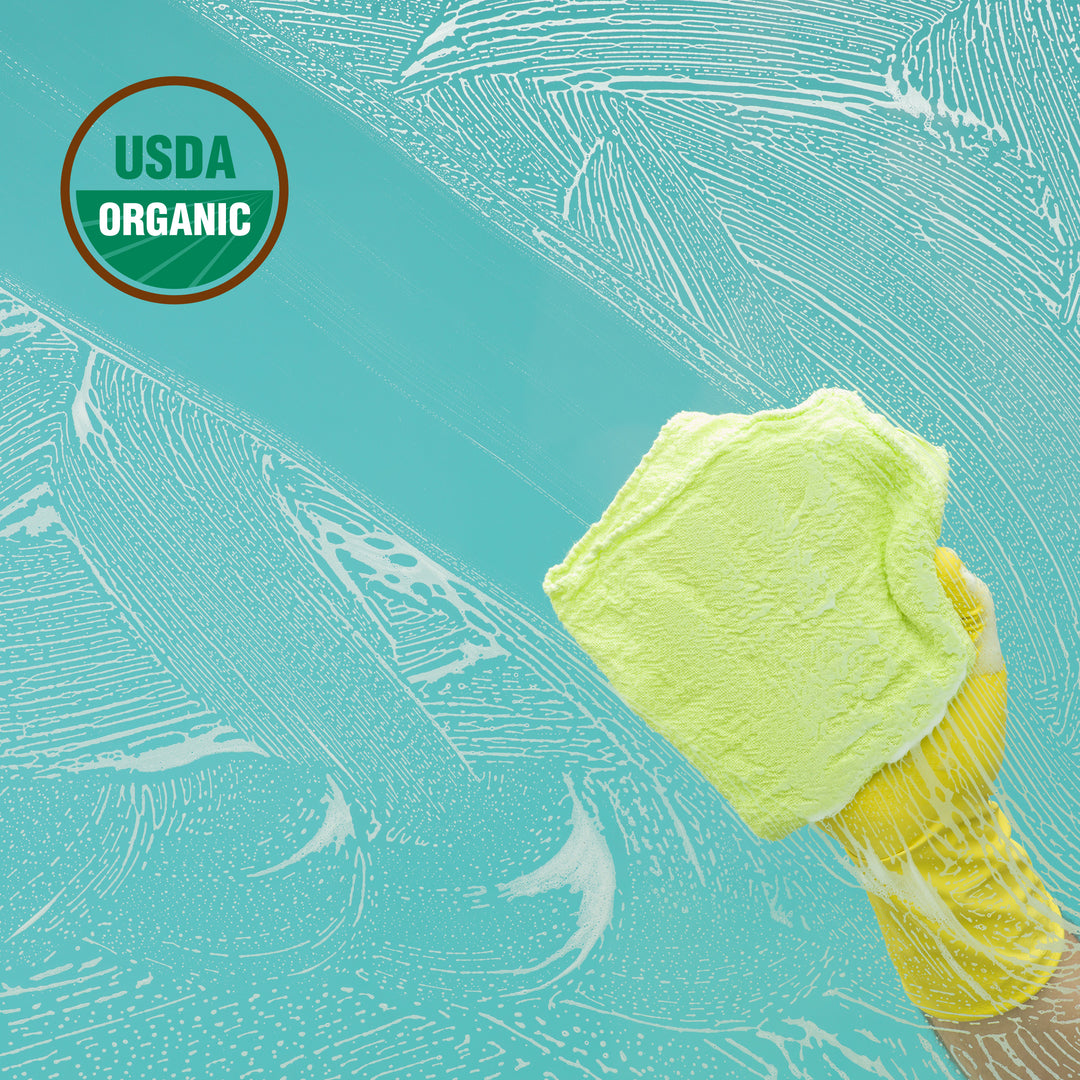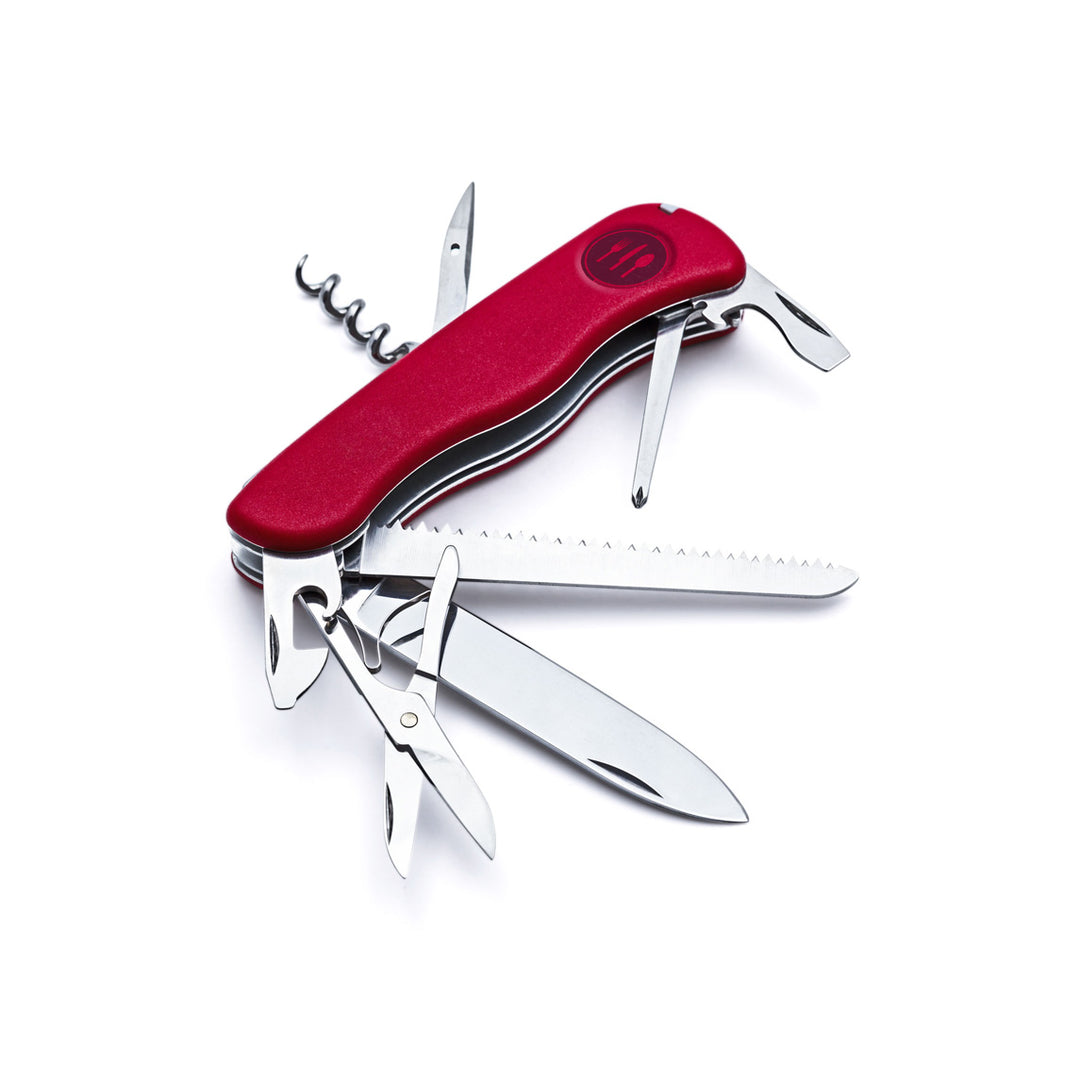Does Ethyl Alcohol Kill Germs, Viruses, and Bacteria?
Does Ethyl Alcohol kill germs, viruses, and bacteria?
Quick Answer: Yes, if 2 conditions are met: 1.) the concentration of alcohol (ABV for either Ethanol or Isopropyl) in the solution is high enough (over 70% for most germs and viruses), AND 2.) the alcohol solution is permitted to remain in contact with the germ/virus in question for long enough to kill it. If the concentration of the alcohol ABV, is not high enough, or the solution is not permitted appropriate contact time with the virus/germ/bacteria in question, then the answer becomes a No...
Long Answer: According to many authoritative sources, links below, the efficacy of high proof ethyl alcohol (>70% ABV) as an antiviral, antibacterial, and anti fungal have been long known and understood. Most studies have a contact time of 30 seconds or more. However for ethanol, the log 10 reduction in bacteria after 30 seconds was often well over 5, indicating that significant reduction (>=3) in certain microbes and viruses may occur much quicker. Read more about Log 10 Reduction for disinfection and sanitation.
Because the germ killing properties of the alcohol change depending on the concentration and contact time, customers seeking to source their own alcohol to create their own surface disinfectant or hand sanitizer are at risk of over diluting their alcohol product. Over diluting the alcohol to below the recommended ABV of 70% will render the anti-viral/antibacterial properties useless.
The following 2 points must be emphasized to ensure you final mix is Care must be taken to ensure the alcohol concentration of your final mix to ensure that your are killing the germs and
1.) Understand what alcohol product you are beginning with (Read our blog post here on how to determine ABV of your starting alcohol) and
2.) Always measure ingredients so that the final ABV of your sanitizer/disinfectant is KNOWN. Once mixed with aloe or other ingredients, it's no longer possible to measure the alcohol contained within the solution. The only way to Know here is to know what goes in to the mix by measuring. Eyeballing ingredient ratios may result in a final product that is below the recommended ABV by the CDC and therefore results in germ spreading instead of germ killing.
The consequences of not measuring could result in you creating a sanitizer/disinfectant that spreads germs vs killing them. When in doubt, toss it out and start over.
More Information regarding the germ and virus killing ability of ethanol.
According to the CDC's Guidelines for Disinfections and Sterilization in Healthcare Facilities (2008), "ethyl alcohol" exhibits "generally underrated germicidal characteristics" and is considered a strong bactericidal (anti-bacterial), tuberculocidal, fungicidal (anti-fungal), and virucidal (anti-viral) agent. The same guidelines continue to recommend an optimum alcohol concentration range of between 60% and 90%, mixed with water.
Source:
- CDC Recommendations for Disinfecting your home (with 70% alcohol)
- CDC Recommendations for Cleaning and Disinfecting (with alcohol) for Households
- CDC Statement for Healthcare Personnel on Hand Hygiene during the Response to the International Emergence of COVID-19
- CDC "Guidelines for Disinfections and Sterilization in Healthcare Facilities (2008)" - https://www.cdc.gov/infectioncontrol/guidelines/disinfection/
- Study on the "Efficacy of various disinfectants against SARS Coronavirus" - https://doi.org/10.1016/j.jhin.2004.12.023 - https://www.sciencedirect.com/science/article/pii/S0195670105000447















